Credit cards bring us more convenience, as they allow us to make quick purchases or payments anywhere and at any time—without money in the bank. However, you shouldn’t charge everything to this. Here are 19 of these items to avoid buying with your credit card.
Wedding Expenses

Weddings cost a lot of money. When you use your credit cards to settle bills like this, you risk carrying a balance, which Capital One says charges you even more interest on your loan. We haven’t even talked about how emotional spending could also lead you to make poor financial decisions on your card.
Business Startup Expenses

Businesses spend about $40,000 in their first year, which is well over the average American’s credit limit. Sad 65% of these businesses end up failing, too! These factors make startups too much of a risk for you to finance through high-interest credit cards—especially when business loans and investors with better terms exist.
Student Loans

There are two issues with using your credit card to secure educational financing. Firstly, you only secure loans with higher interest rates than regular student loan arrangements. Secondly, your payments may not qualify for education tax deductions, and you risk turning tax-deductible debt into a nondeductible one.
Charitable Donations
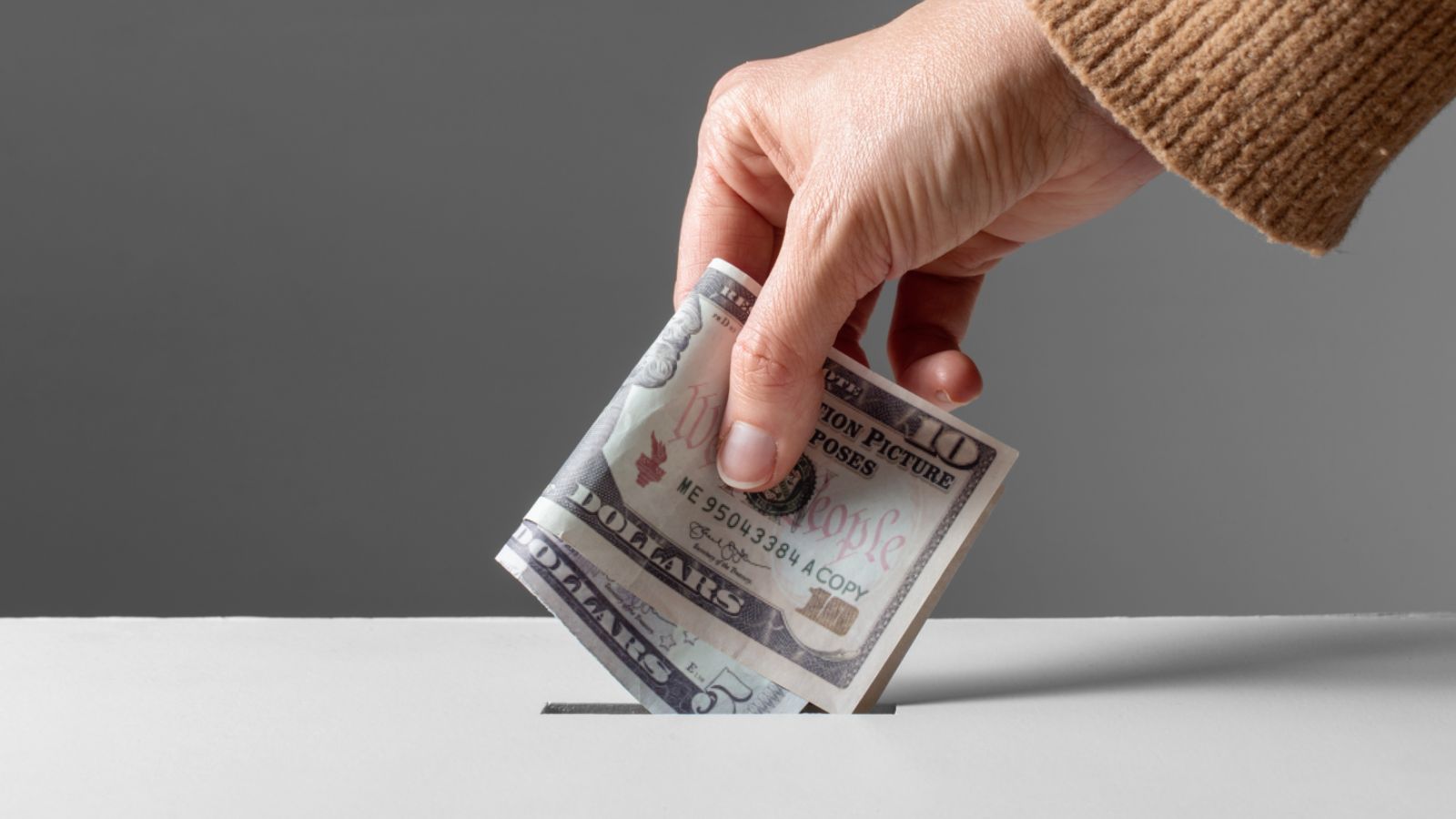
Here, it’s all about the charity getting the full value of the money sent to them. Credit card transaction fees can be up to 3.5% of the total amount, which takes a considerable chunk of what you donate. It’s best to make your charity donations directly through ACH transfers or use a debit card.
Cosmetic Surgeries

Paying for plastic surgery through a personal loan, credit card, or even payment plans from your doctor is a bad financial move. The reasons for this are the fees and interests that could easily “damage your credit if you make late payments or drive up your credit utilization ratio.”
Medical Bills
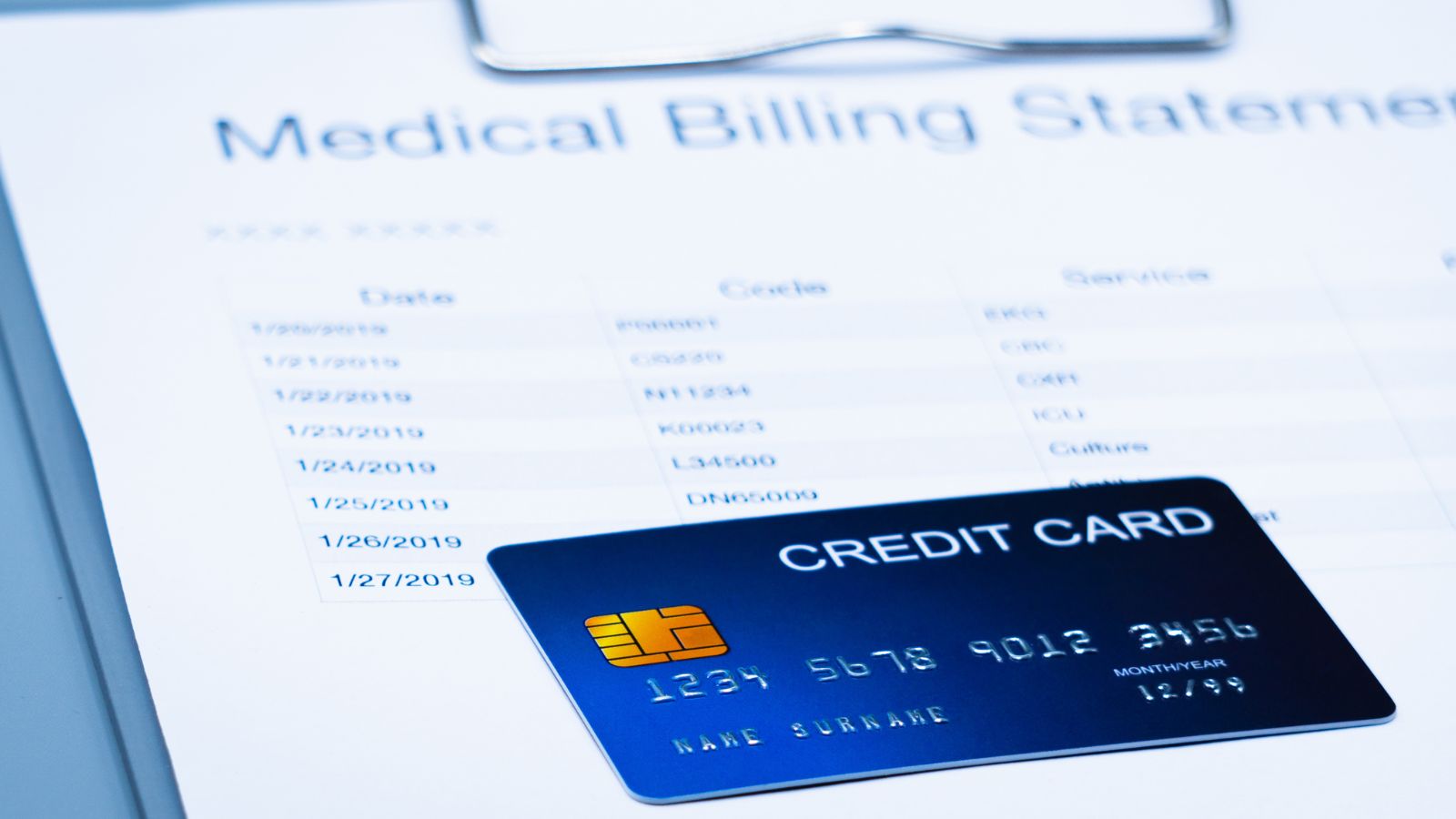
Rather than charging medical bills on your credit card, opt for payment plans with medical facilities. This is because these payment plans offer lower interest rates than rates on your credit card, which will significantly increase your debt. What’s more, large charges, common with medical bill payments, have a negative impact on your credit utilization rate.
Mortgage Payments

With mortgage payments, you don’t just accumulate higher-interest debt over a low-interest loan; the extra fee many services charge for credit card payments increases your already huge costs. Your credit score may also be in danger due to the increased credit utilization rate.
Taxes
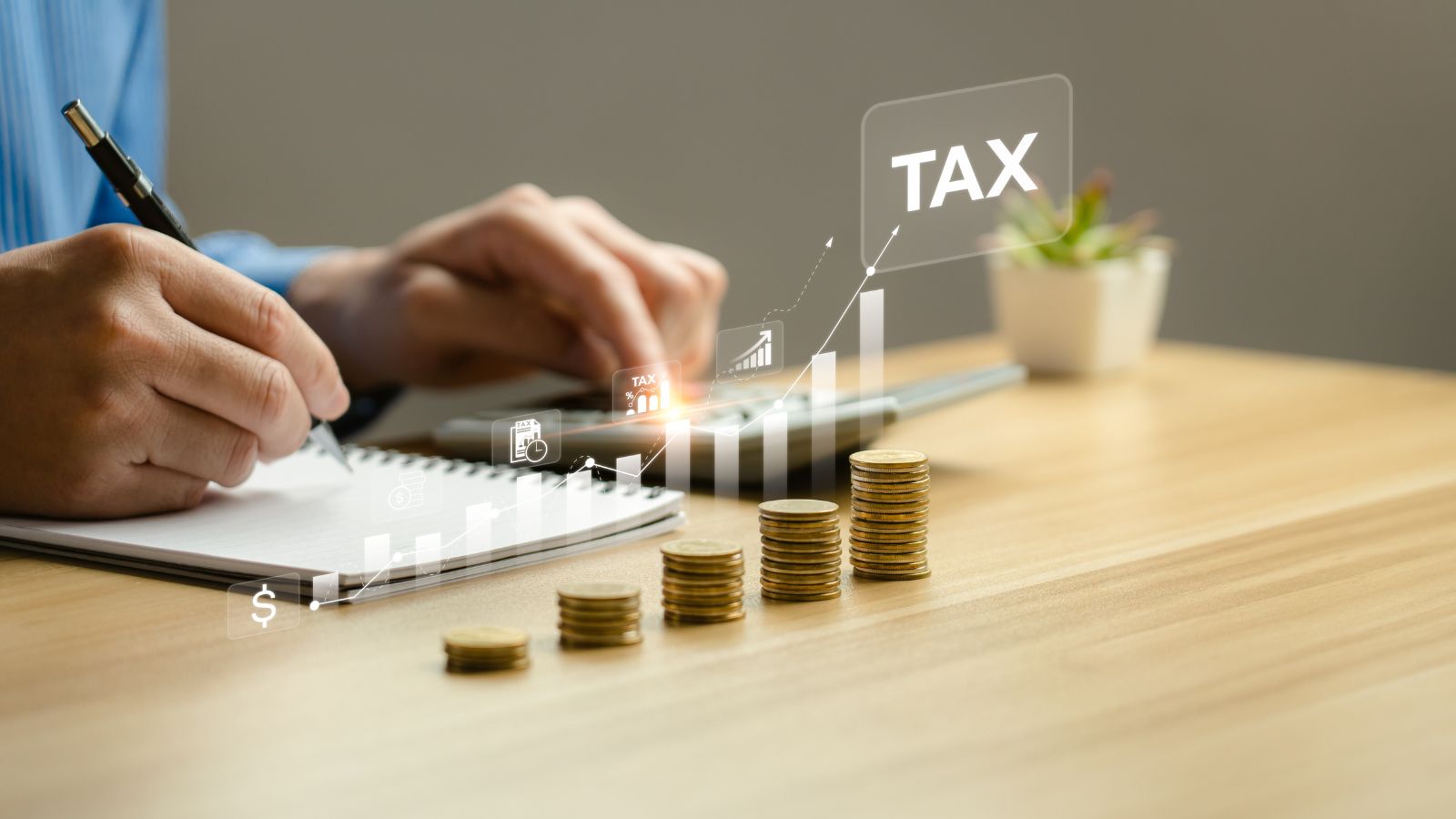
Why take up high-interest loans when you can get installment plans from the IRS itself? But this isn’t even all. Large tax payments may eat a huge chunk out of your credit limit, and IRS-approved payment processors typically have a specific fee they charge when you use a credit card to settle your tax payments.
Vacation Costs

Almost everyone goes on vacation on a budget. But it’s quite easy to go beyond your budget limits when you use your credit card to fund your travels. The balances typically carried from this increase your costs through higher interest rates, and the stress from growing debt could affect your vacation experience.
Down Payments for Cars

More often than not, credit card limits are lower than what’s needed to make a down payment for a car. This means you’ll probably use yours up on a car alone. It gets worse knowing that dealers charge extra on credit cards, and you may end up with an unfavorable debt-to-income ratio that stops you from securing future loans.
Gambling and Casino Expenses

The fact that companies charge higher fees on cash advances for gambling purposes isn’t the only thing for you to worry about. It’s also easy to lose track of how much you spend, and gambling on borrowed money could push you into addiction and eventual financial ruin.
Luxury Purchases Beyond Your Means
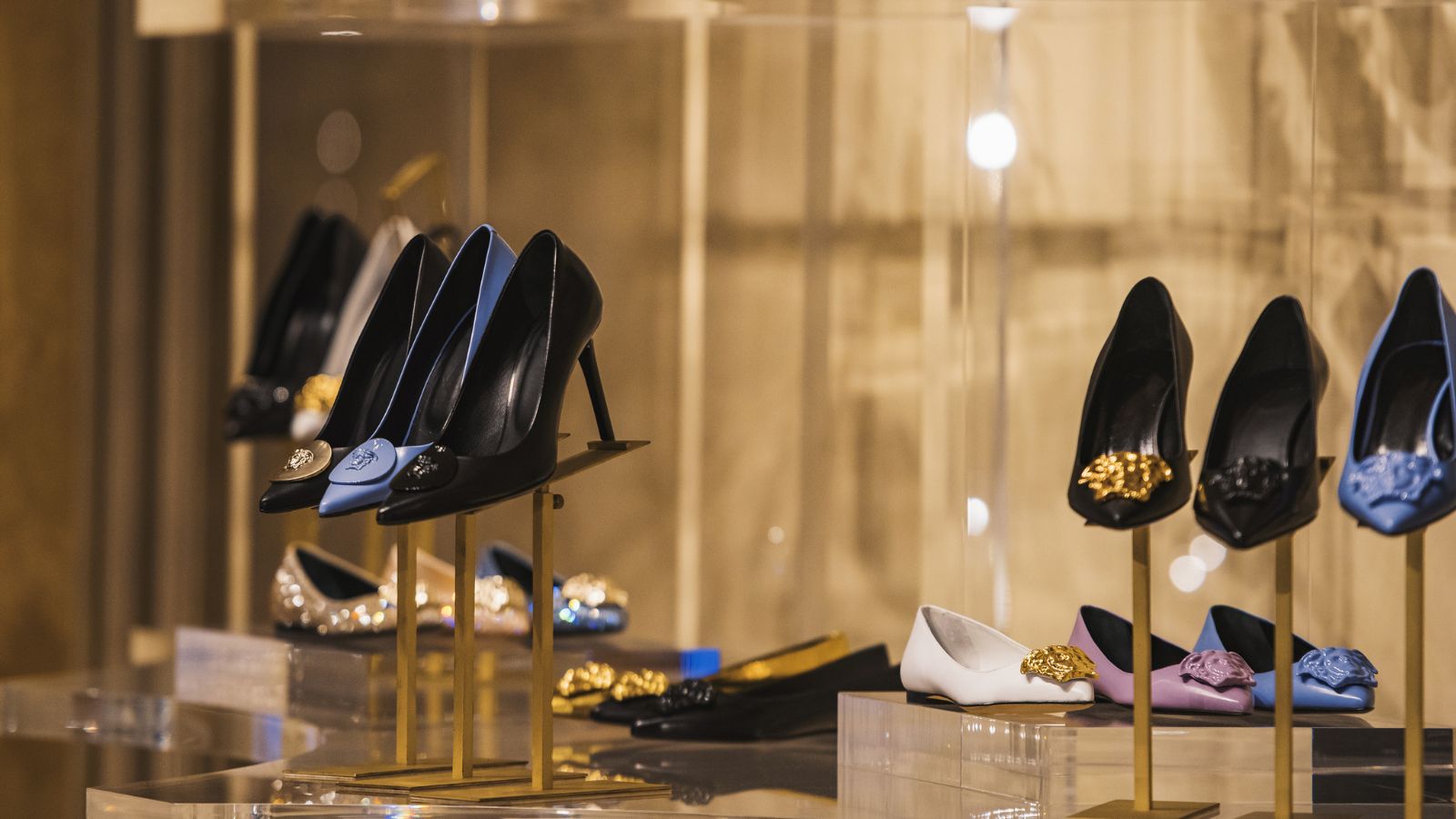
Cash advances from credit cards and the lack of immediate financial consequences make it tempting to spend on the luxury, high-end goods you’ve always wanted. However, not only do interest rates increase your already high costs, but the increased credit utilization from this may hurt your credit score.
Electronic Appliances on Impulse
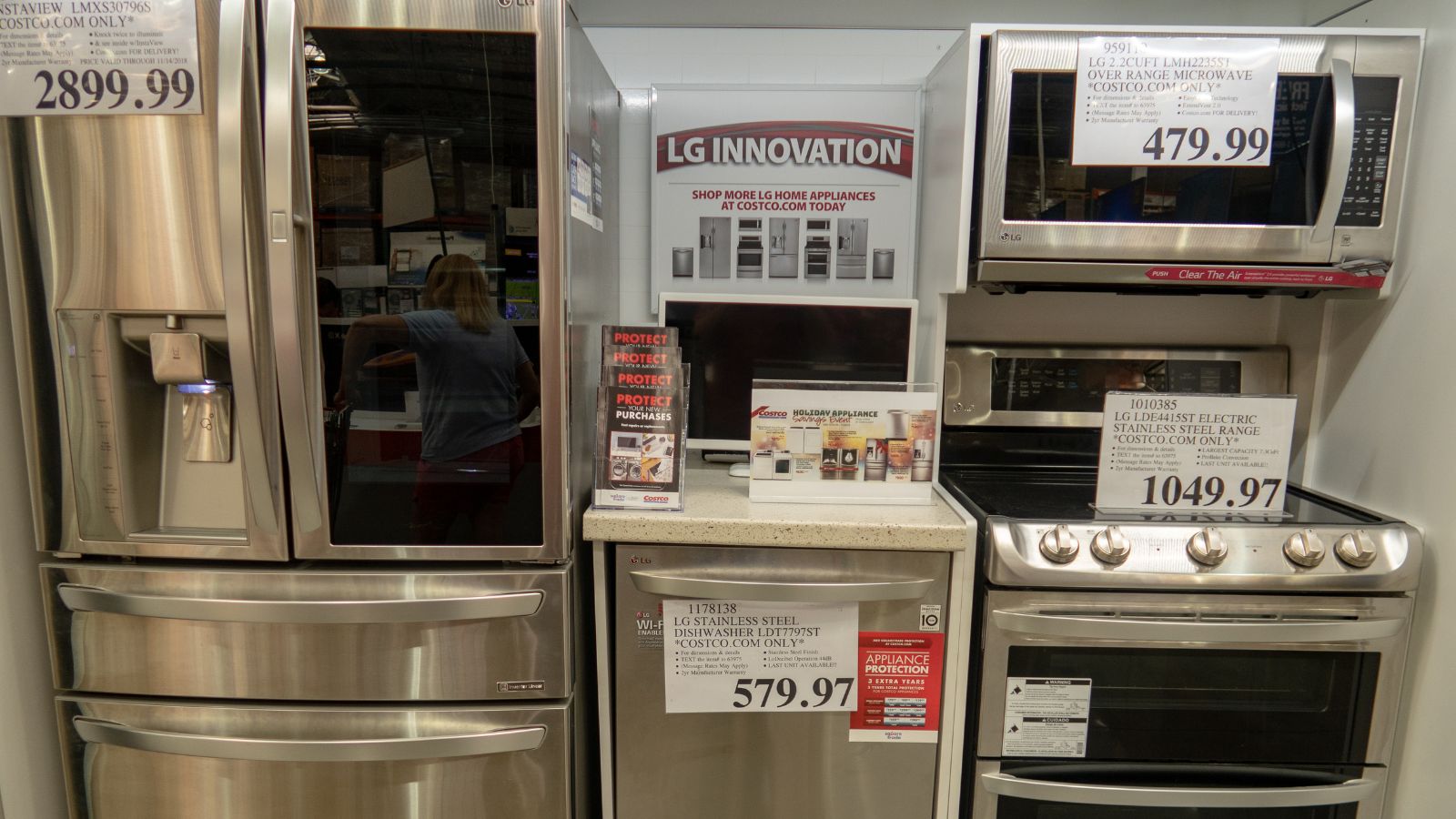
Any high-ticket item you intend to buy should always be an expense that’s planned for, not thought of on the spot. With appliances, this is specifically because there’s always a chance of getting better deals on them, which is missed during impulse buys. You may also risk carrying a balance if the high costs aren’t settled.
Timeshares

Timeshares are long-term financial commitments that don’t always give you an equitable value for your money. Increasing your costs through credit card interest makes it even worse. The additional maintenance fees that come with these properties could also put you under uncomfortable financial strain.
Furniture
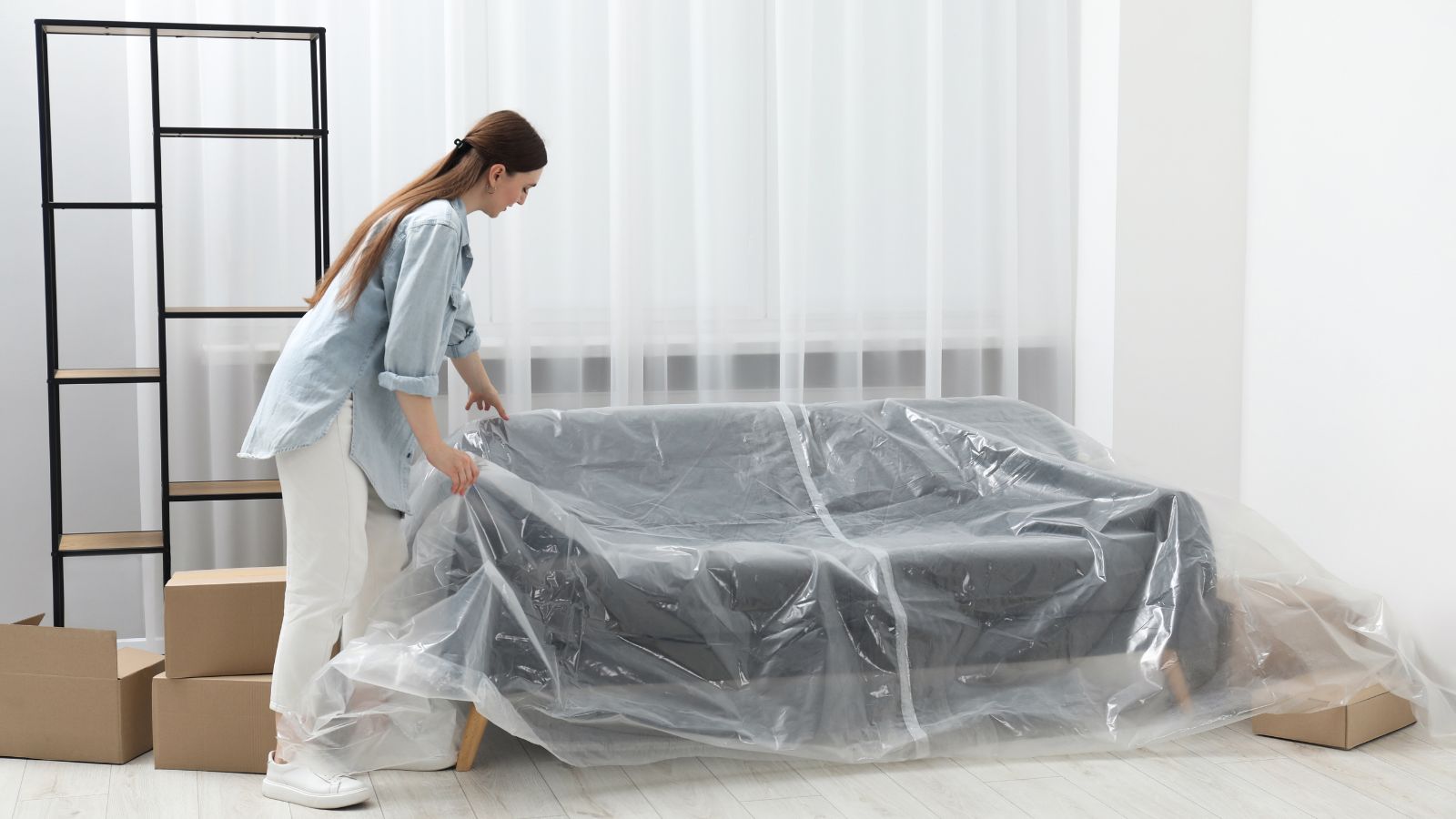
Furniture and home decor items are typical large purchases that can easily max out your credit limit, which can negatively impact your DTI and credit score. However, better financing options are usually available, sometimes through the store itself, to help you limit your spending on them.
Private Club Memberships

Adding the recurring costs of memberships to your credit card payments strains your finances. So, it’s always safer to use your savings to finance luxuries like this rather than take up high-interest credit card loans. Certain clubs even offer financing at 0% APR sometimes, which is the best option.
Legal Fees

Paying off a lawyer or solicitor can quickly accumulate costs, and you’re eventually left with large balances and interest rates that are hard to pay off. Instead of risking damage to your credit score, it’s better to secure better payment arrangements when they’re available through the legal service you use.
Pet Purchases

Emotional purchases like buying a pet could push you into making financial decisions that you’ll regret in the long term. Some pets, especially pure and designer breeds, can also cost upwards of $13,000. When you add unforeseen pet care expenses to this, you end up with a financial strain that may be too much to handle.
Emergency Repairs
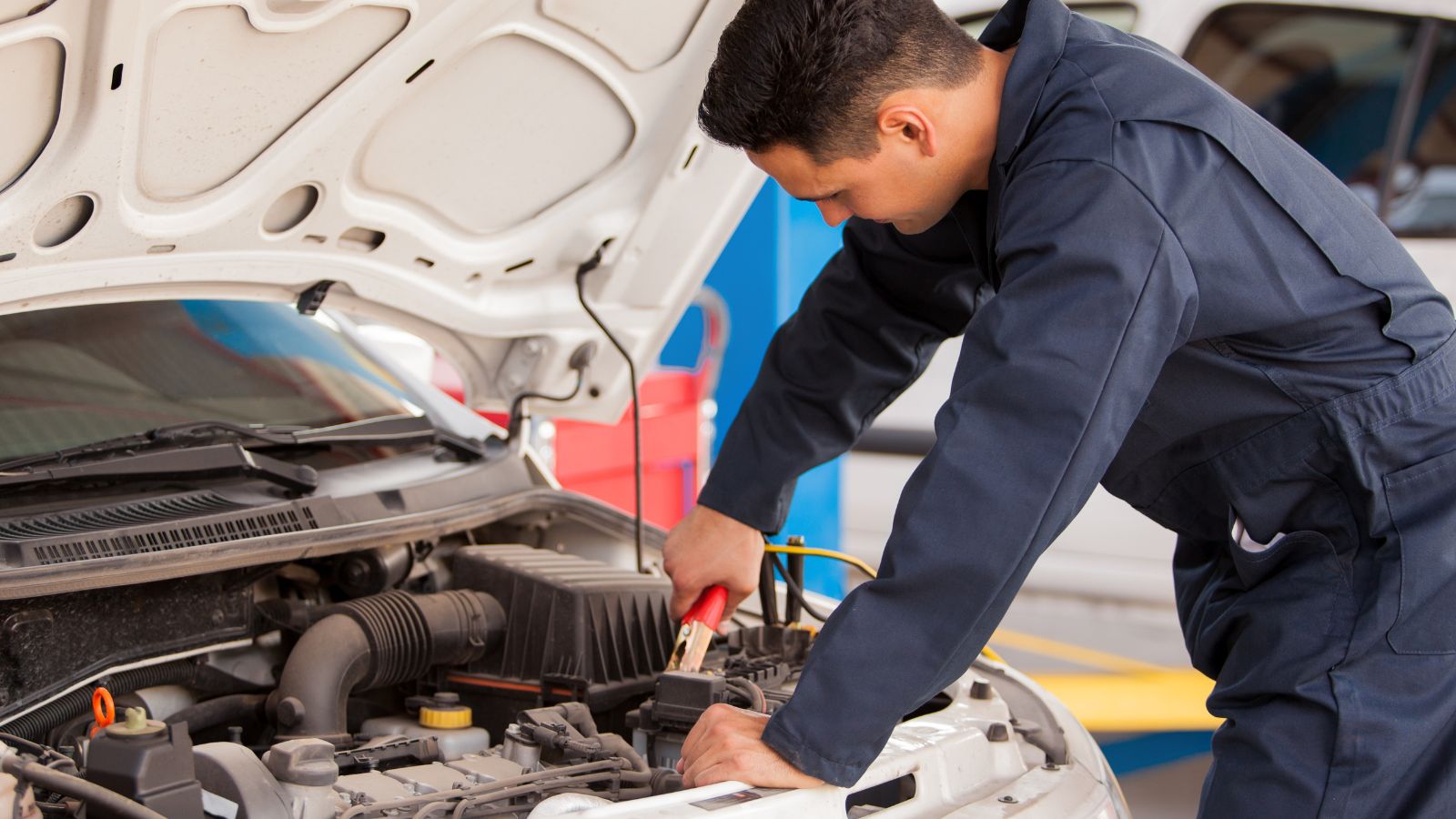
Yes, we understand that emergency repairs, whether for your cars or in your home, are necessary and, sometimes, time-sensitive. But you’re better off financing these through emergency funds, insurance, or special repair loans offered by the repair services themselves. Using high-interest credit for a high-cost repair can put you in a long-term cycle of debt.
Up Next: 20 Personal Things You Should Never Share With Others

Building meaningful connections with others requires a certain level of transparency and trust, but that doesn’t mean you have to tell your friends and family members everything! Some aspects of our lives are too personal, incriminating, or risky to share. This article explores 20 aspects of your personal life that you should always keep confidential.
20 Personal Things You Should Never Share With Others
18 Things Everyone Forgets to Include in Their Will—But Shouldn’t

Wills and estate plans are essential ways to ensure what will happen to your belongings and property when you die or are incapacitated. However, people often forget to include important information in their wills before it’s too late, complicating matters for their descendants. Here are the 18 common things people forget to include in their will.
18 Things Everyone Forgets to Include in Their Will—But Shouldn’t
18 Items at Walmart that Aren’t Worth Your Hard-Earned Money

For many of us, Walmart is the go-to superstore. Whether we need groceries, clothing, or technology, Walmart is a one-stop shop for everything you would need. However, there are some Walmart products you should avoid at all costs, such as the following 18 examples.
18 ITEMS AT WALMART THAT AREN’T WORTH YOUR HARD-EARNED MONEY

